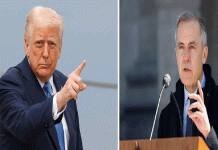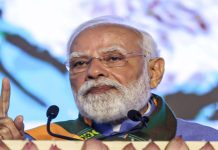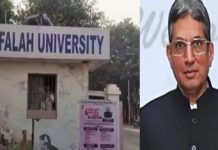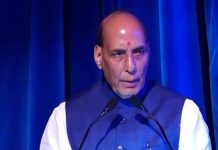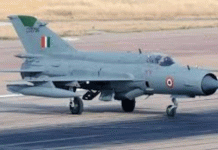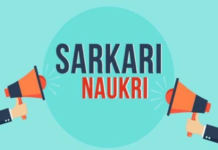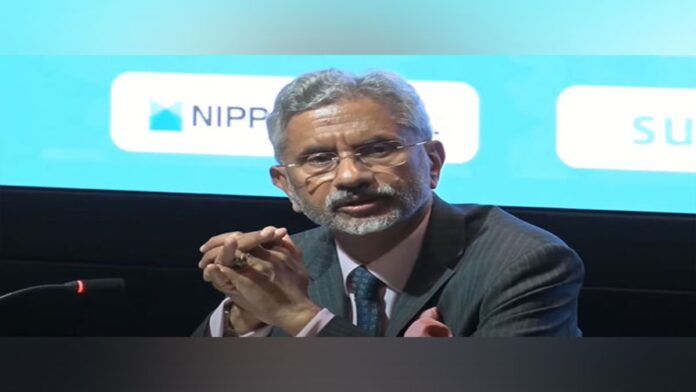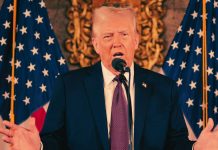Tokyo: Citing the turbulence in India’s relationship with China amid the border standoff, External Affairs Minister S Jaishankar said that it is a cause of concern if a country doesn’t observe written agreements with its neighbours and also raises a question on the said country’s intentions.
India’s foreign minister also said that when big power shifts take place in the Indo-Pacific region, there are accompanying and strategic consequences.
Addressing the Raisina Roundtable organised by the Observer Research Foundation (ORF) in Tokyo on Thursday, Jaishankar said, “There is the reality of very big power shifts in Indo-Pacific. When there are shifts in the power capabilities and influence and ambitions, then there are all accompanying and strategic consequences of that.”
He further said that although countries intend to keep relationships stable despite changing dynamics but that has not been the case with China.
“It’s not an issue whether you like or not like it, there is a reality out there and you have to deal with that. Ideally, we would assume ‘Everybody would say okay, things are changing but let’s keep it as stable as we can’. Unfortunately, that’s not what we have seen in the last decade,” Jaishankar said.
He added, “Our own experience in the case of China…is between 1975 and 2020, which is really 45 years, there was no bloodshed on the border. In 2020, it changed. We disagreed on many things. When a country doesn’t observe written agreements with a neighbour. I think you have cause for concern here. It raises a question mark about the stability of the relationship and frankly, about the intentions.”
Jaishankar also praised India’s growing ties with other countries citing the Free Trade Agreements with Australia and UAE, adding that the FDA negotiations are in advanced stage with the UK and the European Union as well.
Citing that the Indian economy is ‘externalizing’, he said that India’s trade levels, exports and FDIs are going up.
Speaking on India’s ties with the Middle East, Jaishankar said that India has managed to maintain its relations despite navigating the divides and frictions in the region.
“Today we have very strong relations with all the Gulf states, and beyond as well, with Egypt and certainly with Israel. Within the region, we have managed to navigate the challenges, divides and frictions in the region. But, if I were to look at it globally today, India which till the early 90s was very reliant on the Soviet world and then broadened it out, built its relations in the East, with ASEAN, and north-east Asia…In the last decade, we have invested a lot of efforts in the Middle East and Europe, and the US relationship has matured,” he said.
On the Russia-Ukraine conflict, Jaishankar said that the fact that Russia’s ties with the Western world have broken down, presents an opportunity for Asian countries, including India, as Moscow is looking for “multiple options.”
“What happens in life is that things are not going the way you expect to or the way it is calculated. If you look at the last two years, because of the Ukraine conflict, the Russia-Western relationship has broken down. Economically, it means a lot of access it had to the Western world is not there…you have the prospect of Russia turning more and more to Asia. We are already seeing a flow of Russian trade, investments and resources and collaborations towards Asian destinations….it has very interesting implications for us in Asia, because like other big powers, Russia will want to have multiple options,” he further added.
Jaishankar is on a visit to Japan from March 6-8 for the 16th India-Japan Foreign Minister’s Strategic Dialogue with his Japanese counterpart, Yoko Kamikawa.
Prior to this, he was in South Korea, where he held meetings with several top leaders during his stay.





